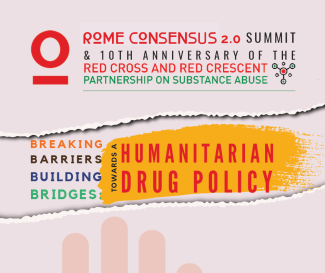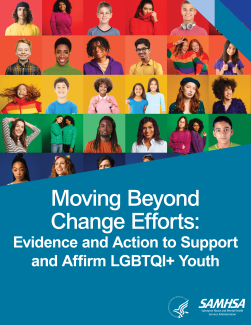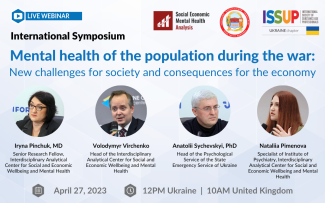The relationship between mental health disorders and substance use and integrated approaches.
Mental Health
Rome Consensus 2.0 Summit
Join the upcoming Rome Consensus 2.0 Summit taking place from 2-5 May, 2023. The Summit is a unique opportunity to gather and engage in discussions with leading experts, professionals, activists, and Red Cross and Red Crescent leaders in a participatory meeting designed based on participants' national and international experiences.

Stigma, Family and Community
ISSUP are pleased to present the Second Session in the Webinar Series on Stigma and Substance Use. The Second Session will be hosted by ISSUP Nigeria on the topic of 'Stigma, Family and Community'.
Stigma, Family and Community
ISSUP are pleased to present the Second Session in the Webinar Series on Stigma and Substance Use. The Second Session will be hosted by ISSUP Nigeria on the topic of 'Stigma, Family and Community'.

National Substance Use and Mental Health Services Survey (N-SUMHSS), 2021: Data on Substance Use and Mental Health Treatment Facilities
The N‑SUMHSS is a voluntary annual survey of all active substance use and mental health facilities in the United States, its territories, and D.C. The annual report presents findings on the general profile of substance use and mental health...

The impact of childhood trauma and mental disorders among people with opioid dependence
Tom Santo Jr presented at the NDARC Webinar Series on Thursday, 16 February 2023. How do childhood trauma and mental disorders affect health, treatment and social outcomes among people with opioid dependence? Research has found that people...
International Symposium: Mental health of the population during the war: new challenges for society and consequences for the economy
This international symposium is supported by the joint initiative between ISSUP Ukraine and Interdisciplinary analytical center on socioeconomic well-being and mental health (SEMA), Taras Shevchenko National University of Kyiv.
International Symposium: Mental health of the population during the war: new challenges for society and consequences for the economy
This international symposium is supported by the joint initiative between ISSUP Ukraine and Interdisciplinary analytical center on socioeconomic well-being and mental health (SEMA), Taras Shevchenko National University of Kyiv.

Cannabis Use, Cannabis Use Disorder, and Comorbid Psychiatric Illness
Abstract As attitudes toward cannabis, its legal status, and patterns of use continue to evolve, the landscape surrounding this substance is in a constant state of flux. Against this backdrop, this review aims to provide an up-to-date...
Cannabis: Reading List
Of all illicit substances, cannabis stands out as the most extensively cultivated, trafficked, and misused. It has significant effects on the human body and mind, altering sensory perceptions, mood, cognitive abilities, motor coordination...

7th World Congress of the World Association on Dual Disorders (WADD)
The 7th World Congress of World Association on Dual Disorder will be held in Portoroz, Slovenia on April 28-30, 2023.
WADD2023 Portoroz Scientific Committee is happy to provide facilities for Symposia, Free Communications and Poster Presentations.

